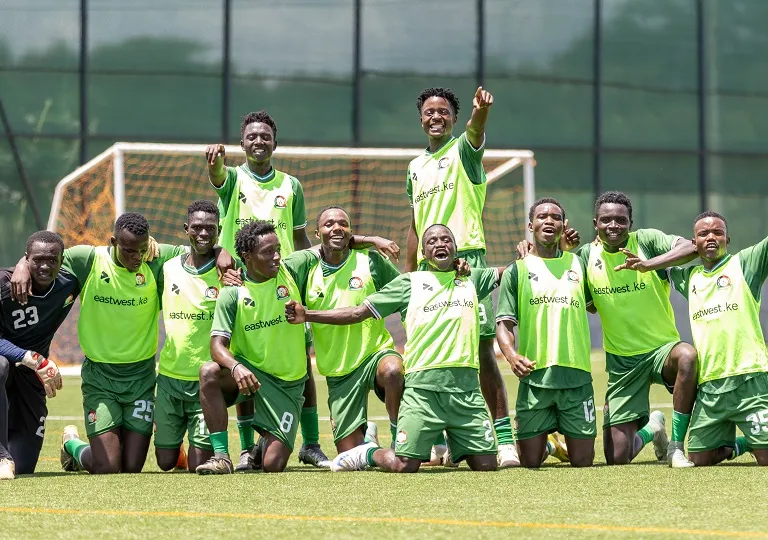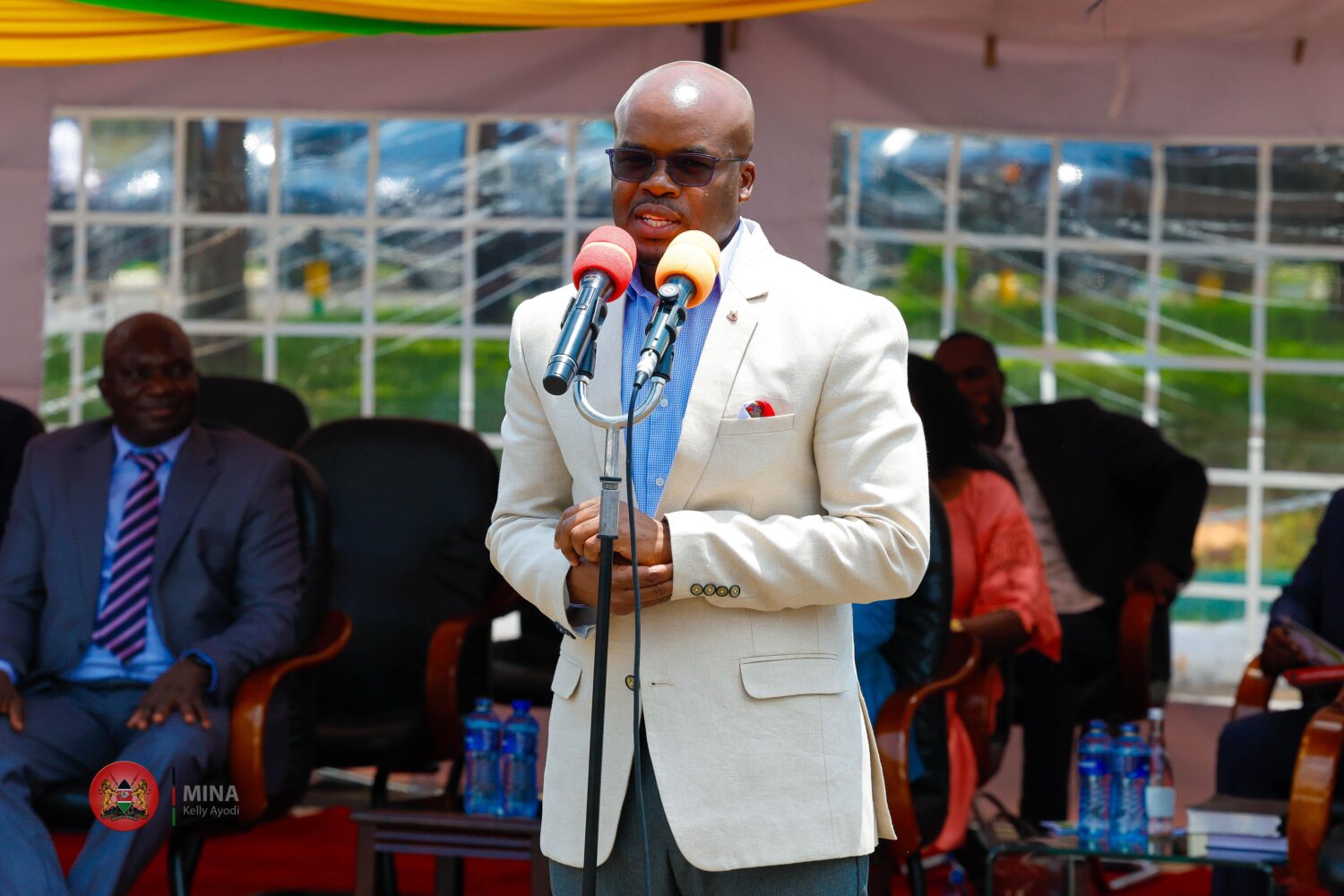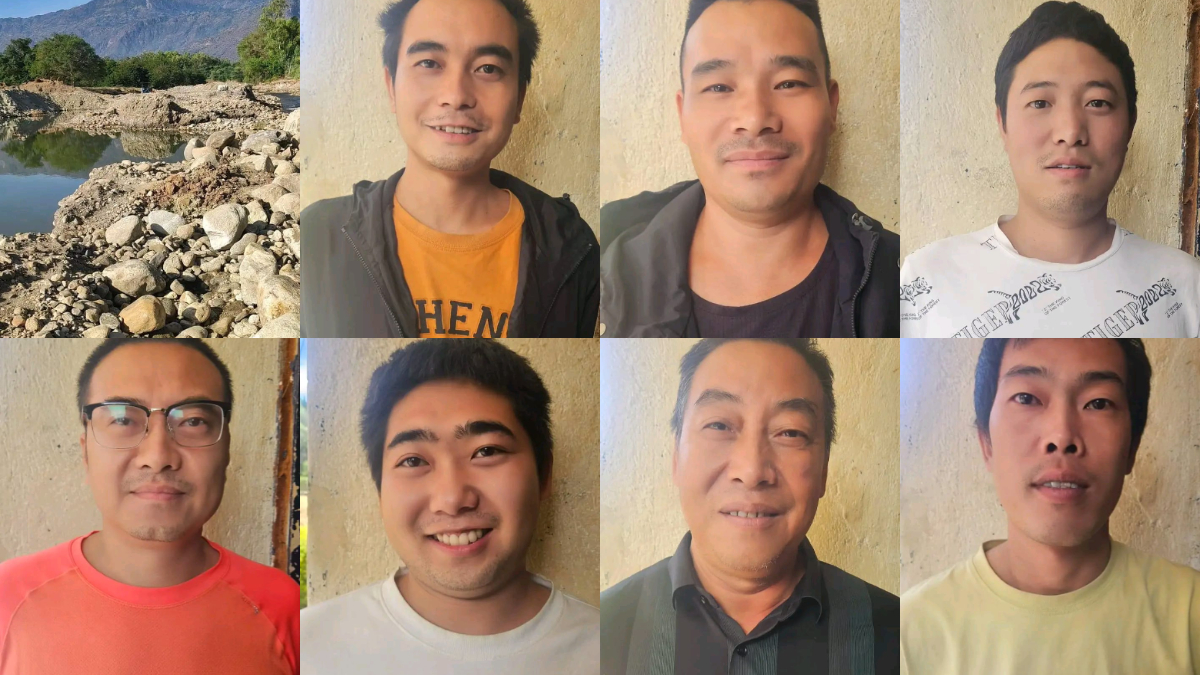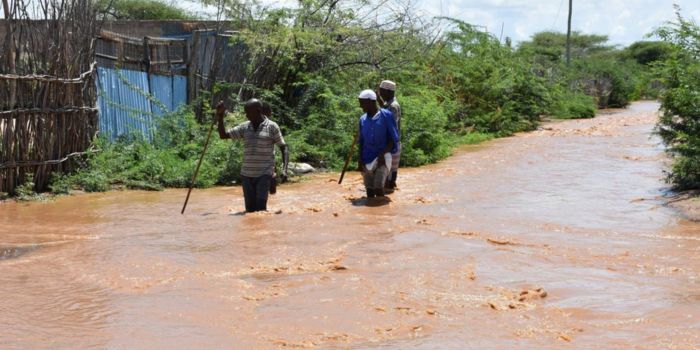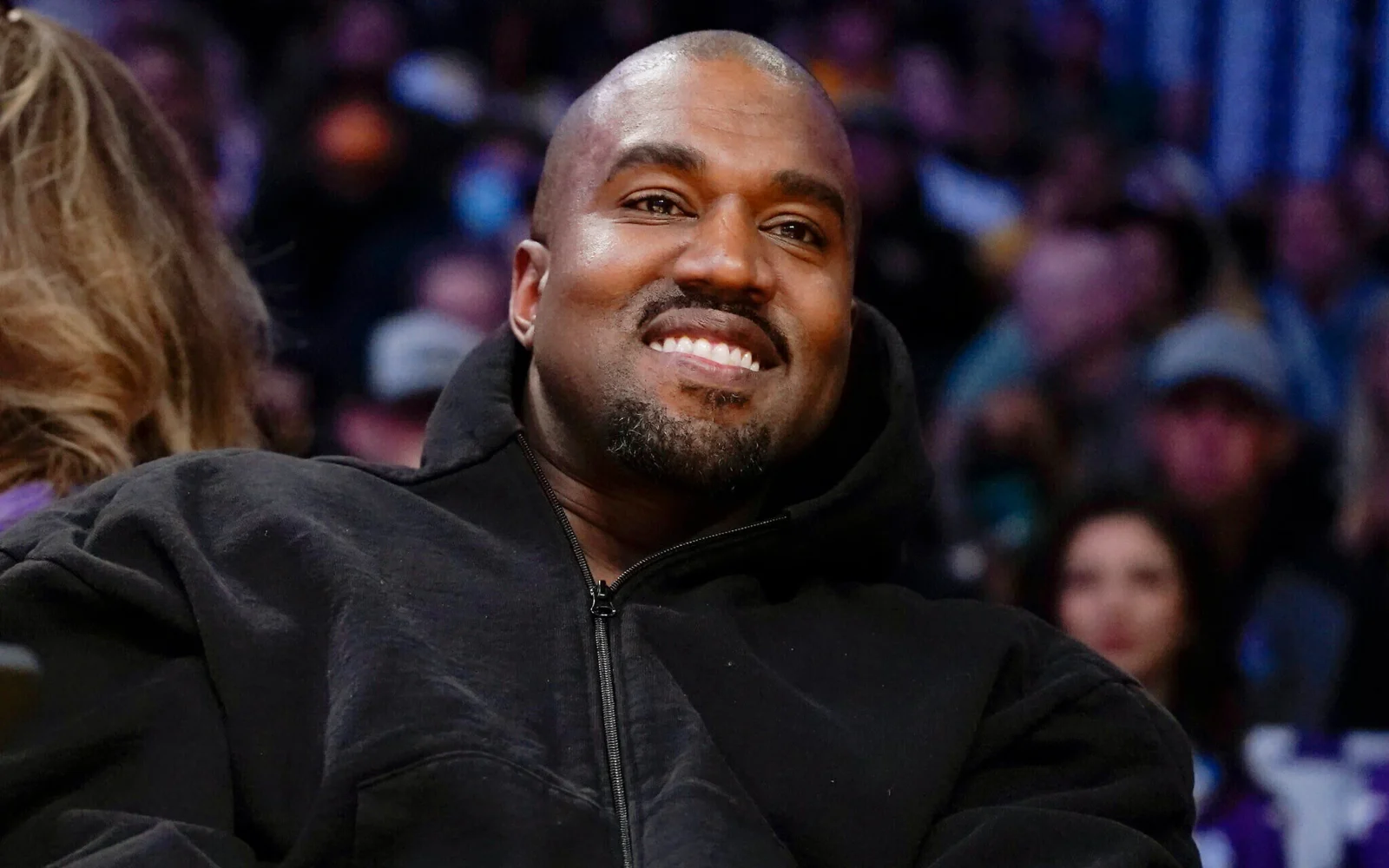As the royal visit of Britain’s King Charles III to Kenya looms on the horizon, a chorus of voices is calling for an apology for the colonial-era atrocities that still haunt the country’s history.
Set for October 31 to November 3, this visit marks his first trip to a Commonwealth country since ascending to the throne last year, and it carries the weight of Kenya’s complex past.
In the backdrop of Buckingham Palace’s official statement, emphasizing the aim of celebrating the “warm relationship” between the two nations, lies a potent undercurrent of unresolved history.

The 60th anniversary of Kenya’s independence from Britain is fast approaching in December, but the wounds of the past linger on.
Voices from Kenya are demanding more than just symbolic gestures.
“If he is not coming to apologize for the atrocities they did to us, then he should not come,” says John Otieno, an accountant who echoes the sentiments of many.

It was during the years of 1952-1960 that Kenya was gripped by the “Emergency,” a period marred by brutal suppression of the Mau Mau uprising, one of the bloodiest insurgencies in the British Empire’s history. Roughly 10,000 lives were lost.
In 2013, Britain agreed to compensate over 5,000 Kenyans who had suffered during the revolt, but now the call for a national apology is resonating.
Evelyn Wanjugu Kimathi, the daughter of top resistance leader Dedan Kimathi, is among those hopeful for reconciliation.
ALSO READ: King Charles III and Queen Camilla set to make an official visit to Kenya
She heads a foundation caring for independence war veterans and pressing for environmental causes, and her desire is for the visit to lead to “closure.”
With the goodwill of the UK government, there is hope that the graves of the “freedom fighters,” including her father, might finally be located.

The past remains intricately woven with the present, as investigations into the activities of British troops continue.
For Kenyans, the royal visit is an opportunity to reshape the narrative. “He is very welcome to Nairobi, but as someone we can negotiate shared development with, not a colonial master who wants to take more from us,” says teacher Kamau Njoroge.
As the King prepares for his visit, Kenya stands at a crossroads, hoping for a turning point in its relations with Britain, one that acknowledges the past but forges a path towards a better future.


